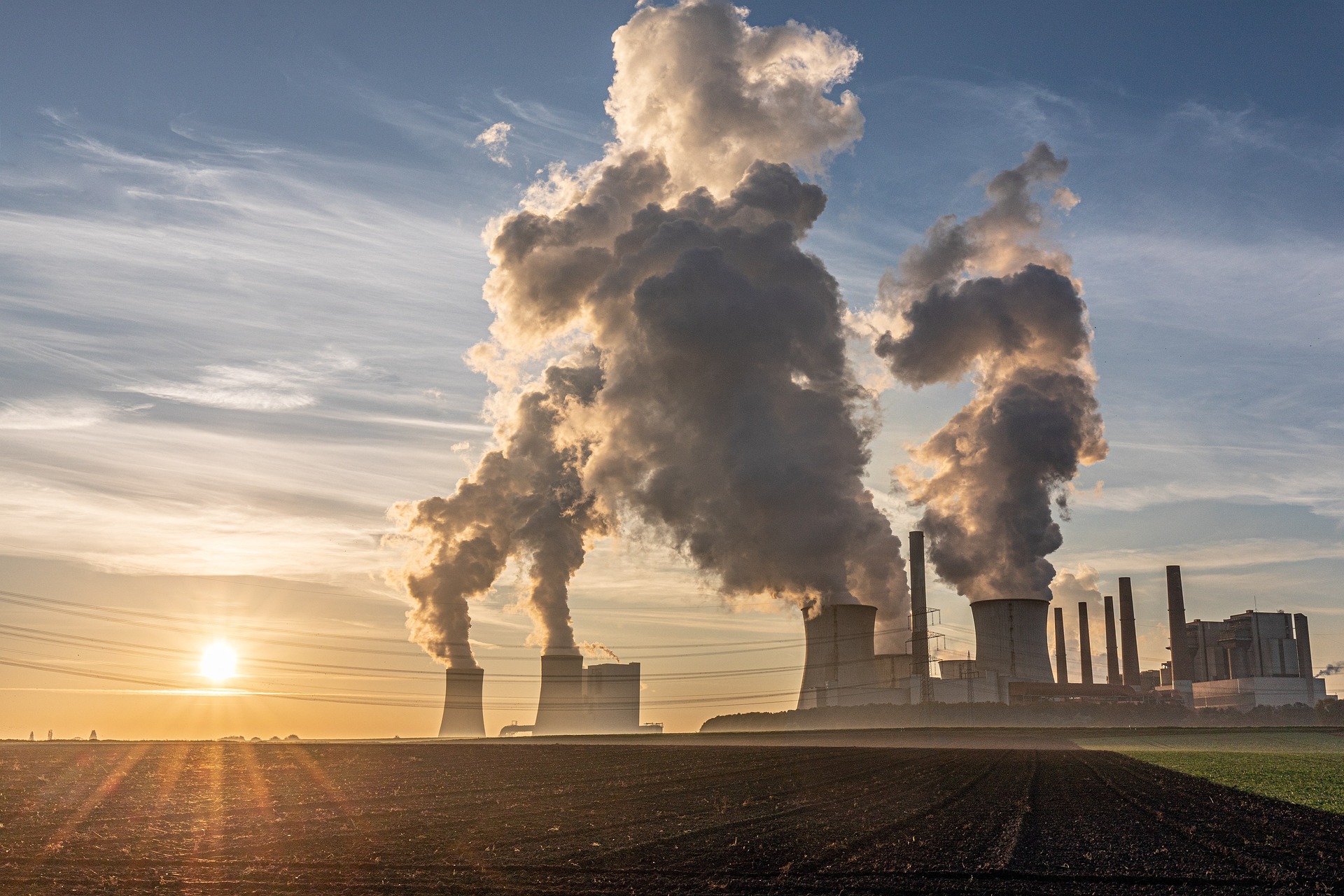During the month of November, the COP27 (United Nations Climate Conference) was held. The event took place in the midst of several climatic uncertainties, driven by the War between Russia and Ukraine. This is because, according to the Ukrainian government, so far, the conflict has resulted in the emission of more than 33 million tons of CO2 and environmental damage of approximately 60 billion euros, which further increases the challenge for nations in controlling global warming.
The event, which brought together leaders and members of civil society from around the world, provided the parties with opportunities for significant discussions and agreements to establish solutions in the fight against climate change. Among them is the partnership signed between Brazil, the Democratic Republic of Congo (DRC) and Indonesia, countries that are home to 52% of the world’s tropical forests. The alliance provides that nations will be remunerated for reducing deforestation and for maintaining forests as carbon sinks. The pact, signed after more than ten years of negotiations, places our country at the forefront of the environmental agenda.
The most significant episode of the Conference, however, took place on November 20 of this year, when almost 200 countries reached an agreement for the creation of a fund to repair the damage caused by the consequences of climate change.
According to the published text, the fund will mainly finance particularly vulnerable developing countries, as they generally produce the least greenhouse gases. However, in view of the lack of details on the means of financing or the beneficiary countries, a transition committee will be formed to operationalize the signed agreement from the first half of 2023.
Despite the great advances, the challenge persists in effective measures to reduce carbon emissions and other polluting gases. Some of the parties involved even consider that there have been setbacks in dealing with the issue. Therefore, it is believed that the challenges for the coming years will be even greater.
Faced with this complex scenario, in addition to state policies, it is up to private institutions, including law firms, through their respective ESG teams, to adopt appropriate actions to reduce greenhouse gas emissions, which may contribute in maintaining the achievement of the global warming target, thus ensuring compliance with the environmental agenda for the coming decades.
Available at: https://br.lexlatin.com/opiniao/solucoes-estabelecidas-na-cop27-para-o-combate-mudancas-climaticas
Autor: Yuri Arraes Fonseca de Sá • email: yuri.sa@ernestoborges.com.br • Tel.: +55 67 3389 0123+55 67 99271 2013

